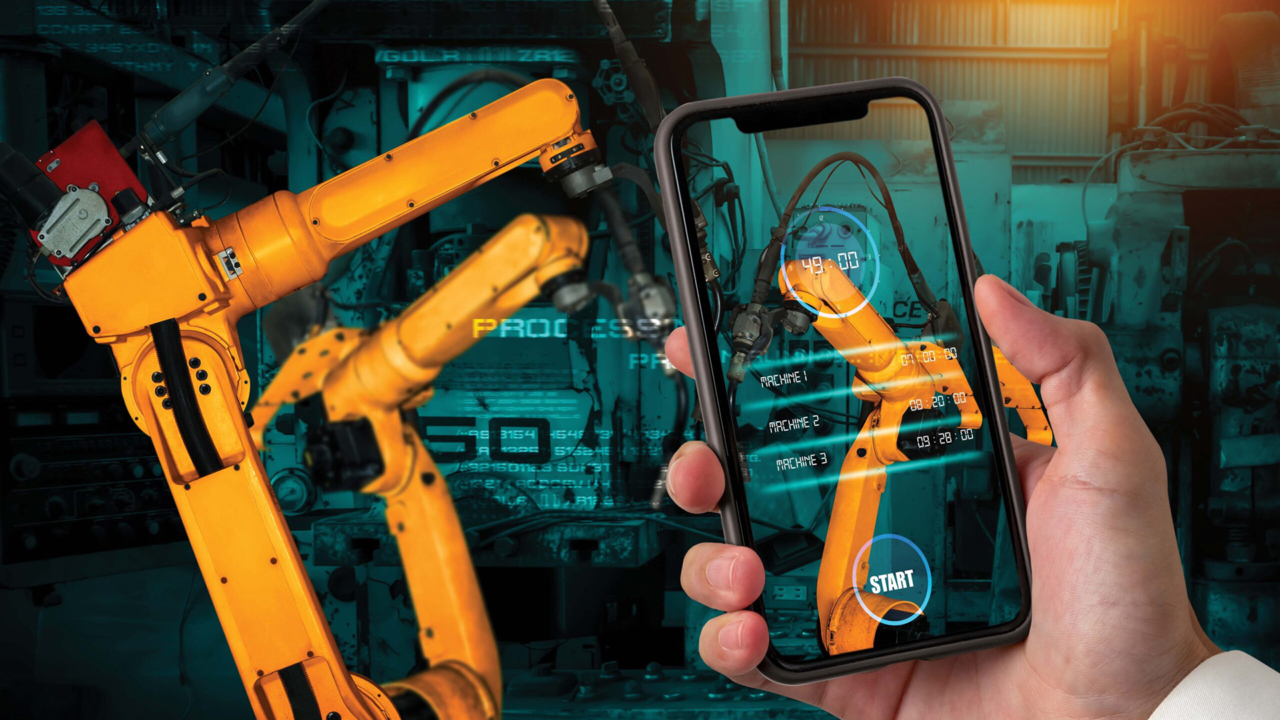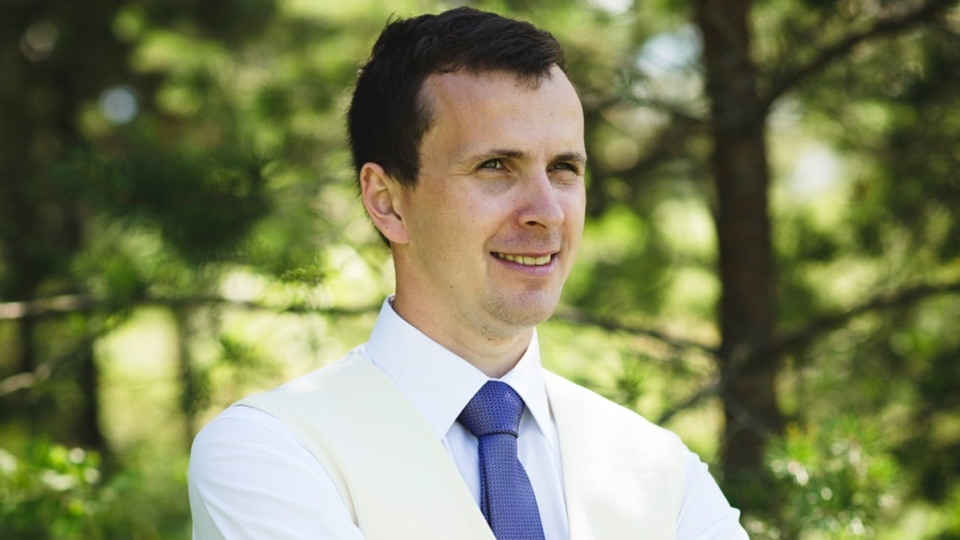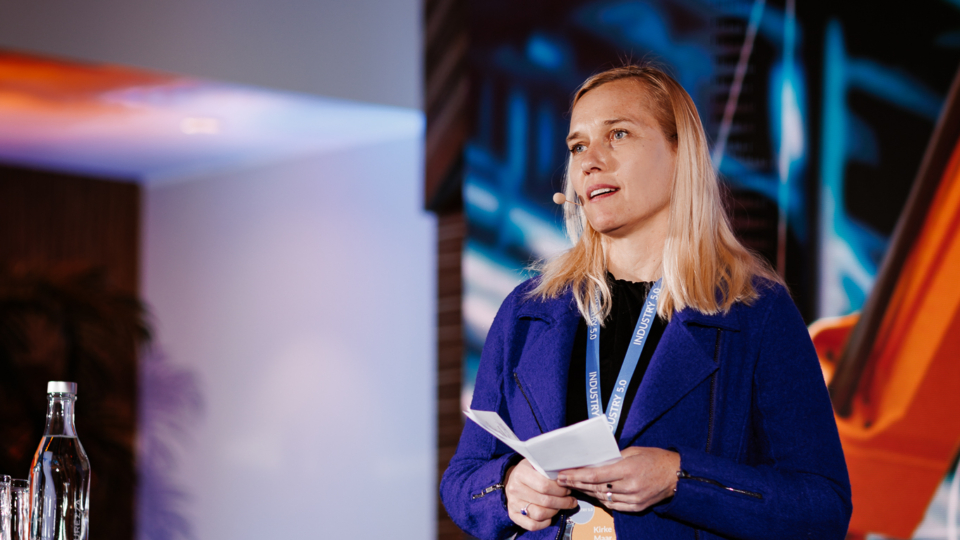Estonian industrial companies will receive additional support from AIRE to increase their competitiveness in foreign markets
The artificial intelligence and robotics center AIRE (AI & Robotics Estonia) offers industrial companies training, consulting and innovative digitalization tailor-made solutions that cannot be found as a ready-made solution on the private market. The aim of the center is to increase the competitiveness of Estonian industrial companies in foreign markets.
The leader of AIRE is Tallinn University of Technology, the partners are the University of Tartu, Estonian University of Life Sciences, Tehnopol science and business campus, Tartu Science Park and the Technology Development Center for Innovative Mechanical Engineering Production Systems (IMECC). The preparation of the center is supported by the Ministry of Economy and Communications with nearly half a million euros, and the activities are implemented jointly by Estonian universities and science parks. Cooperation partners are professional associations, clusters, chambers of commerce, banks, telecom companies, robot system developers, robot importers, etc. An important goal is to help companies find additional funding for the implementation of artificial intelligence and robotics development projects (from structural grants, recovery fund, Horizon program, DEP or Digital Europe program and elsewhere).
According to Kirke Maar, head of the artificial intelligence and robotics center AIRE, the main idea is to bring universities closer to industrial companies, which in turn increases the applicability of education and research and brings it into line with the needs of employers. “In the longer term, AIRE also helps alleviate companies’ concerns about the workforce, for example, where to find more production managers, engineers, IT specialists, quality managers. At the moment, we are trying to take small steps, giving clear examples through AIRE trainings, consulting and demo projects, how industrial companies can collect data, organize it and thereby use it more in the future to manage the company and thereby optimize production, control quality, use energy resources more optimally, reduce line stoppages, etc. We are also very much looking forward to ideas and proposals for cooperation from the industrial companies themselves, and for this we are planning an idea round for small projects at the beginning of 2022,” said Maar.
“One of AIRE’s first priorities from the university’s point of view is the network and mapping of exactly what data exists in companies or what can be measured in the future. Then you can ask what problems there are in the analysis of these data and the possibilities of applying artificial intelligence to create a development advantage for companies,” said Professor Jaak Vilo, head of the Institute of Computer Science at the University of Tartu. According to him, together we can figure out what the possible standard solutions and their providers are, but we can also screen out problems where it is essential to involve university applied scientists and even start longer fundamental research. “Without an open dialogue, it would be difficult to know what one expects and the other is capable of, or where there are bottlenecks, why ready-made solutions are not yet used,” emphasized Vilo. From 2022, the artificial intelligence and robotics center AIRE will be the Estonian link in the network of European Digital Innovation Hubs (EDIH). Knowledge, experience and contacts of other European centers of excellence are also brought to Estonia from there.
Training for industrial companies will start on October 26, when the robotics training will be held under the leadership of Estonian industry and science leaders. The training is conducted by Jüri Riives, professor of TalTech and founder of the Innovative Machine Building Production Systems Technologies Development Center (IMECC), according to whom the training provides knowledge about the practicality of robotization, clear tips for choosing industrial and collaborative robots, instructions for planning a robotic workplace and helps to assess the risks of robotization (see https:// aire-edih.eu/yritus/?27983). You can register for the training until October 22.
From November, the community-integrating AIRE clubs will also start their activities, where you can exchange information on the topics of development opportunities, best practices, support and industry digitalization in the field of robotics and artificial intelligence. The first club nights will take place on November 3 in Tartu and December 10 in Tallinn.




